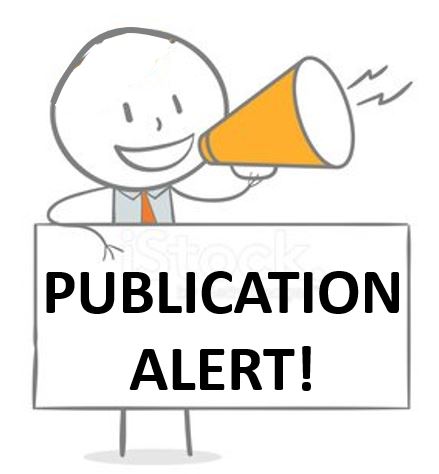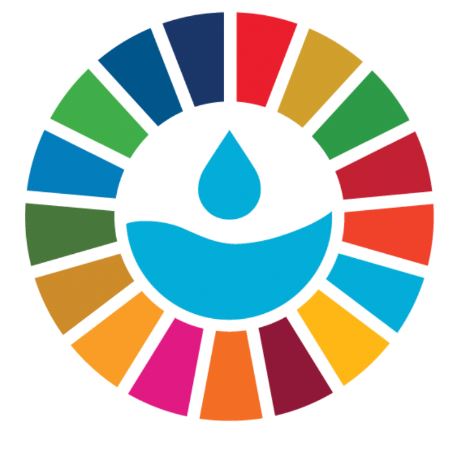Congratulations to CSIRO and the entire Australian AquaWatch team! We are planning to host a GEO AquaWatch webinar on Australian AquaWatch in a few months – so stay tuned!
CSIRO CEO Dr Larry Marshall, together with Australian Ministers Tania Plibersek and Ed Husic and other partners attended the launch in Canberra and Dr Alex Held (Mission Lead) is also currently in NYC with the Australian delegation at the UN Water Conference this week.
Australia creating world-first ‘weather service’ for water quality
CANBERRA, Australia, March 22, 2023 /PRNewswire/ — Australia’s national science agency, CSIRO, has launched a mission to deliver a world first ground-to-space water quality monitoring system.
The United Nations estimates three billion people could be at risk from unsafe water. Through AquaWatch Australia, CSIRO is working with partners internationally to help safeguard freshwater and coastal resources.
AquaWatch will provide near real-time updates and predictive forecasting – a weather service for water quality – once fully operational. It will support better water quality management and can be used to monitor water quality for drinking, sanitation, aquaculture, environmental assessment and a wide range of other applications to help meet the United Nations’ Sustainable Development Goals.
CSIRO, with foundation partner SmartSat Cooperative Research Centre, is bringing together research, government and industry with an initial co-investment of AU$83 million to design and develop AquaWatch.
Data collected using an extensive network of Earth observation satellites and ground-based water sensors will be integrated at a central data hub where CSIRO’s capability in data analysis and artificial intelligence can provide forecasts a few days ahead.
CSIRO Chief Executive, Dr Larry Marshall said water is one of the world’s most important and vital resources.
“In places where people still face the risk of unsafe water for basic needs like drinking and sanitation, a service such as AquaWatch could be a game-changer.
“The ingenuity behind AquaWatch is it integrates Earth observation with other science capabilities like in-situ sensing, ecosystem modelling, engineering, data science and artificial intelligence.
“It is the latest example of CSIRO’s Missions Program, which are large-scale scientific and collaborative research initiatives aimed at accelerating the pace and scale at which we can solve the greatest challenges.”
CSIRO and its international partners are already working together on pilot projects in:
- California, USA in partnership with the University of California, Davis and University of California, Merced, focusing on turbidity in a major water storage
- Sarawak, Malaysia in partnership with Swinburne University Sarawak, focusing on carbon losses from mangrove forests
- Chile, focusing on salmon aquaculture and desalination
- Colombia, focusing on coastal wetlands
- Vietnam, in partnership with Vietnam’s National Center for Water Resources and Investigation (NAWAPI) and Hanoi University of Mining and Geology (HUMG), focusing on drinking water supplies and hydroelectricity needs.
CSIRO is Australia’s pre-eminent national science organisation, accelerating innovation through global science.




